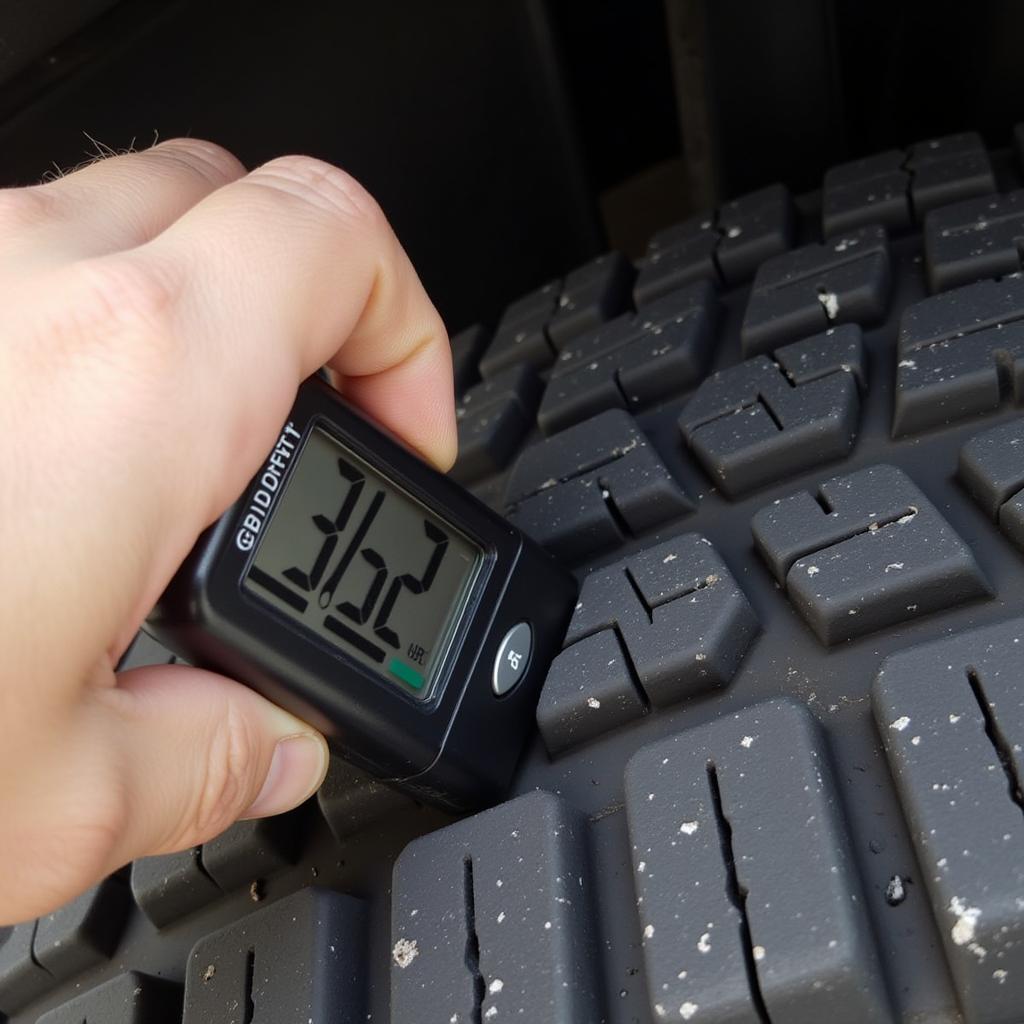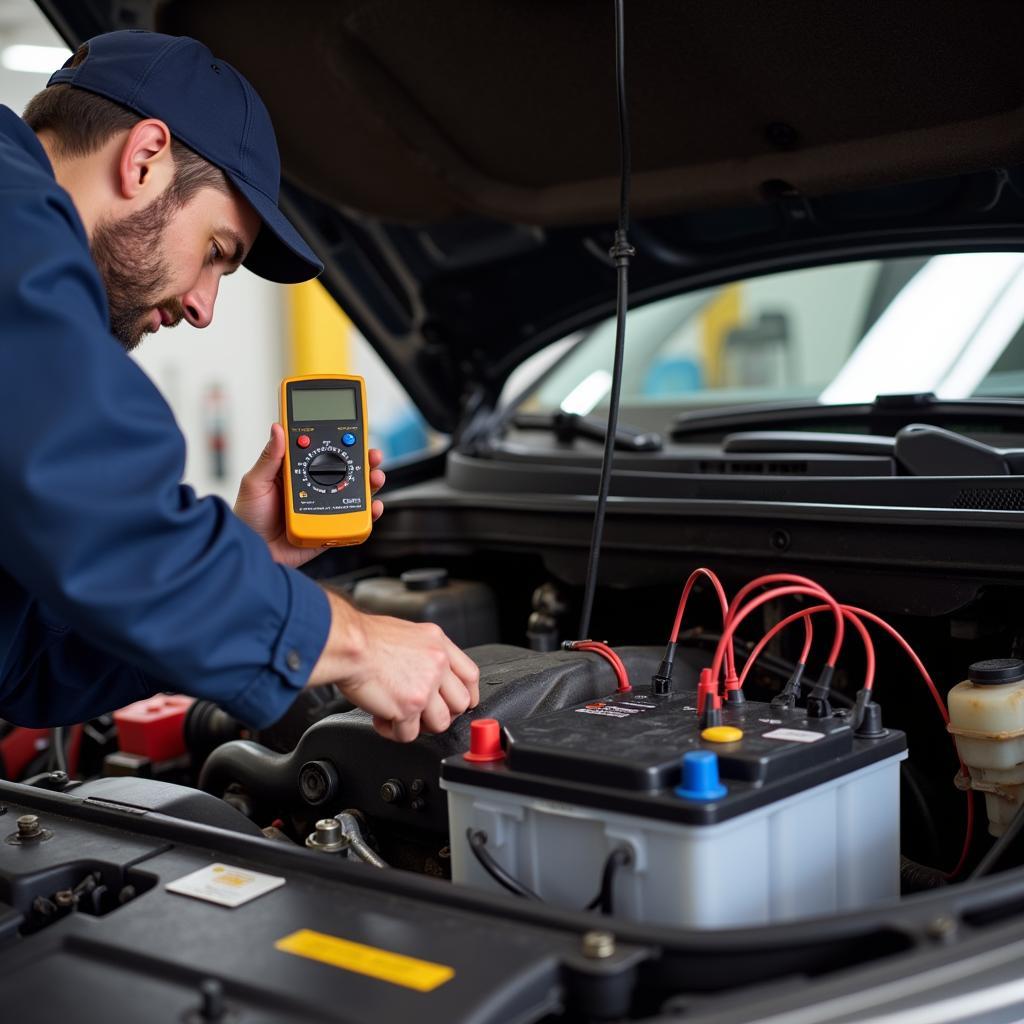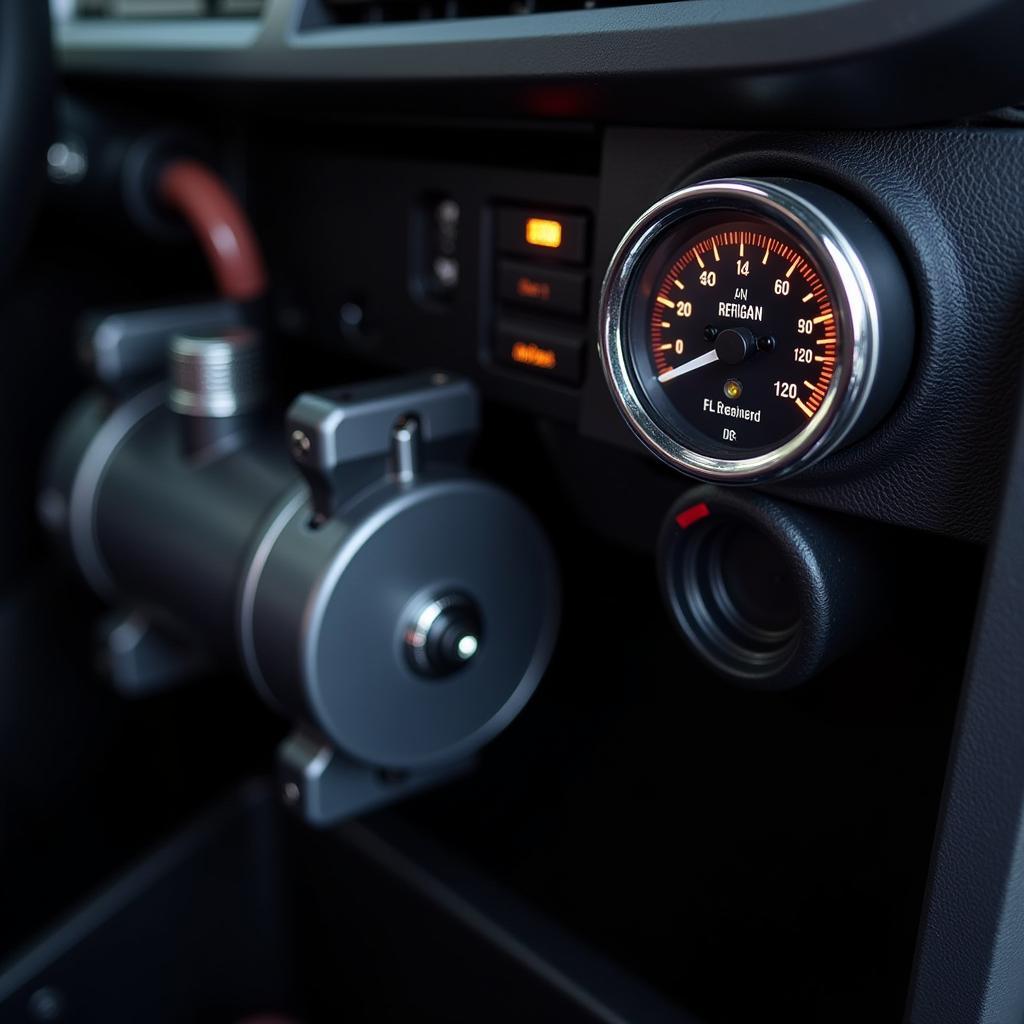What Parts Do I Need to Service My Car?
Knowing what parts to service on your car can feel overwhelming. Is it time for an oil change again? What exactly is a timing belt? Don’t worry, we’re here to break down the essential car parts you need to keep an eye on to keep your car running smoothly.
Essential Car Parts and Their Maintenance Needs
Just like us, cars need regular checkups and maintenance to stay in top shape. Understanding the basic maintenance needs of your car will not only save you money in the long run but also ensure your safety on the road. Let’s dive into the essential parts and how often they typically require attention.
1. Engine Oil and Oil Filter
Why it matters: Engine oil is the lifeblood of your car. It lubricates moving parts, reduces friction, and helps prevent engine wear. The oil filter, on the other hand, removes contaminants from the oil, keeping it clean.
When to service: Most mechanics recommend an oil change and filter replacement every 3,000 miles or 3 months, whichever comes first. However, refer to your owner’s manual for specific recommendations for your car model.
2. Air Filter
Why it matters: The air filter ensures clean air reaches your engine, which is crucial for optimal combustion and fuel efficiency. A clogged air filter can reduce your car’s performance and even damage the engine.
When to service: It’s generally recommended to replace your air filter every 12,000 miles or 12 months. However, if you frequently drive in dusty or polluted environments, you might need to replace it more often.
3. Tires
Why they matter: Tires are your only point of contact with the road, making their condition paramount for safety and handling.
When to service:
- Tread Depth: Regularly check your tire tread depth using a tread depth gauge or the penny test. If the tread is worn down to 2/32 of an inch, it’s time for new tires.
- Tire Pressure: Maintaining the correct tire pressure, as indicated in your owner’s manual, ensures optimal fuel efficiency, handling, and tire lifespan. Check your tire pressure monthly and adjust as needed.
- Tire Rotation: Rotating your tires every 5,000-8,000 miles helps ensure even wear and extends their lifespan.
 Checking Car Tire Tread Depth
Checking Car Tire Tread Depth
4. Brakes
Why they matter: This one goes without saying – your brakes are critical for your safety and the safety of others on the road.
When to service:
- Brake Pads & Rotors: Listen for any squeaking or grinding noises when you apply the brakes, as these are signs of worn brake pads. Brake rotors, the metal discs that the brake pads clamp onto, also wear down over time and may need resurfacing or replacement.
- Brake Fluid: Brake fluid is a hydraulic fluid that transmits the force from your foot on the brake pedal to the brakes themselves. Over time, brake fluid can absorb moisture, which reduces its effectiveness. Have your brake fluid flushed and replaced according to your car manufacturer’s recommendations.
Curious about the ins and outs of a car service? You can find more information on how the car service looks.
5. Battery
Why it matters: Your car battery provides the electrical current needed to start your engine and power various electrical components.
When to service:
- Battery Test: A car battery typically lasts 3 to 5 years. It’s a good idea to have your battery tested annually, especially as it gets older, to check its charge and overall health.
- Terminals: Keep your battery terminals clean and free of corrosion. Corrosion can disrupt the electrical connection and prevent your car from starting.
 Mechanic Checking Car Battery
Mechanic Checking Car Battery
6. Spark Plugs
Why they matter: Spark plugs ignite the air-fuel mixture in the engine cylinders, creating the explosions that power your car.
When to service: Spark plugs wear down over time, which can affect your engine performance, fuel efficiency, and even cause misfires. Refer to your owner’s manual for recommended spark plug replacement intervals, as this can vary greatly depending on the type of spark plugs your car uses.
Don’t Forget These Important Services
While the parts mentioned above are essential, there are other car services you shouldn’t overlook:
- Coolant Flush: Coolant prevents your engine from overheating. Have it flushed and replaced according to your car manufacturer’s schedule.
- Transmission Fluid: Transmission fluid lubricates the moving parts in your car’s transmission. Check your owner’s manual for recommended service intervals.
- Timing Belt/Chain: The timing belt or chain ensures that your engine’s valves open and close in sync with the pistons. A broken timing belt can cause catastrophic engine damage, so it’s crucial to replace it at the recommended intervals.
Understanding Your Car’s Service History
Knowing your car’s service history can help you stay on top of scheduled maintenance. If you’re unsure about your car’s service history, there are ways to see your car’s service history. This can provide valuable information about past services and help you anticipate upcoming maintenance needs.
Tailoring Your Car Service to Your Needs
The specific services and their frequency can vary based on your car’s make, model, age, and your driving habits. If you’re unsure about something, don’t hesitate to ask a trusted mechanic for guidance.
For car owners who prefer diesel engines, we have a dedicated guide on what parts do i need to service my diesel car.
Finding Affordable Car Service Options
Car maintenance costs can add up, but there are ways to save money. If you’re looking for more affordable options, you might be interested in learning which car company service is cheapest.
Conclusion
By understanding the essential parts that need regular servicing and following the recommended maintenance schedule, you can extend the life of your car, improve its performance, and most importantly, ensure your safety on the road. Remember, a little preventative maintenance goes a long way!
FAQs
1. How often should I get my car serviced?
This depends on your car’s make, model, and your driving habits. However, a good rule of thumb is to have it serviced at least once a year or every 12,000 miles.
2. What is a tune-up, and do I need one?
A tune-up typically involves replacing spark plugs, air filters, and checking various engine components. While modern cars require fewer tune-ups, it’s still a good idea to consult your mechanic.
3. Can I service my car myself?
While some maintenance tasks, like checking tire pressure or changing air filters, can be done at home, it’s generally recommended to have your car serviced by a qualified mechanic, especially for more complex repairs.
4. How can I find a reliable mechanic?
Ask for recommendations from friends, family, or online reviews. Look for mechanics certified by reputable organizations such as the ASE (National Institute for Automotive Service Excellence).
5. What should I do if my car breaks down?
Pull over to a safe location, turn on your hazard lights, and call for roadside assistance.
Still have questions about your car’s service needs?
We’re here to help! Contact us via WhatsApp: +1(641)206-8880 or Email: [email protected] for 24/7 support from our expert team.
Want to learn more about car maintenance? Check out our article on how to service a car for a comprehensive guide.

